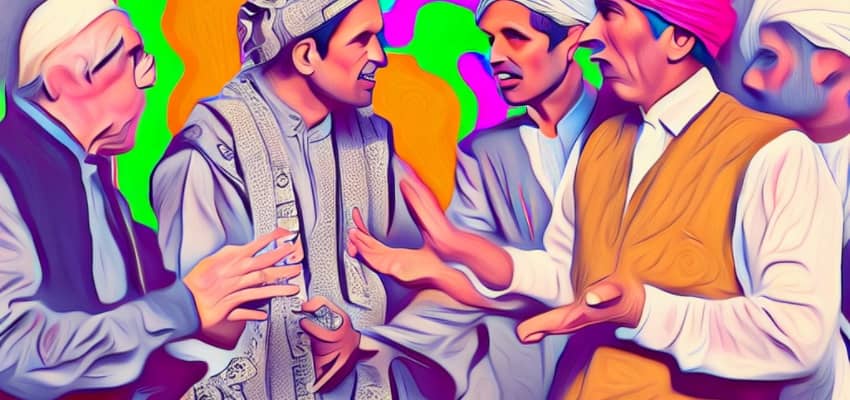Understanding Hawala: A Complete Guide on How it Works and its Legal Status

Hawala: it's not your typical money transfer system. Operating in the shadows of formal financial institutions, this traditional trust-based network offers a quick and often fee-free way to send money across borders. But it's not without its risks. From legal ambiguity to the potential for fraud, Hawala walks a fine line. Want to know if it's the right fit for your remittance needs or if there's a better, more secure way? Keep reading.
TL;DR:
- Hawala is an informal, trust-based money transfer system.
- It's a legal grey zone, varying by country.
- For legitimate and competitive alternatives, visit Sendrater
What's Hawala?
Think of Hawala as a kind of money-sharing network, a bit like Venmo or PayPal, but without the need for a smartphone or a bank account. It's an old-school system that people have been using for hundreds of years, mainly in places where banks are either too far away or just not trusted. History of money transfers from barter to cryptocurrencies is full of wonders and Hawala played/plays an important role.
So how does it work? Let's say you're in London and you want to send money to a friend in Nairobi. You'd go to a local Hawala broker—think of them as a trusted middleman—and give them the cash you want to send. This broker would then give you a secret code, almost like a password.
Your friend in Nairobi would go to another Hawala broker close to them. After proving their identity and providing the secret code, they'd receive the money in local currency. Voila, the transaction is complete, and it happens without the money actually travelling between London and Nairobi.
In essence, your London broker owes the Nairobi broker the amount of money you sent. These brokers settle up with each other through their network, either by future transactions, bank transfers, or other means. The system works purely on trust, with each broker being vouched for within a network.
Is Hawala Legal?
The legality of Hawala varies widely. While some countries strictly regulate it, others permit its operation. Due to its informal nature, it often comes under scrutiny for potential misuse. For more regulated and competitive money transfer options, visit Sendrater.com.
Pros and Cons
Advantages
- Quick transactions
- Low or no fees
- No need for a bank account
Drawbacks
- Legal ambiguity
- Potential for fraud
- Risk of financial misuse
Action Plan:
- Assess your needs: If you prioritise speed and low fees, consider Hawala or check Sendrater.com for regulated alternatives.
- Know the risks: Research the legal standing of Hawala in the countries involved in your transaction.
- Explore options: Use Sendrater.com to compare secure and cost-effective money transfer methods.
- Visit Sendrater.com for more on efficient and legal money transfer options.